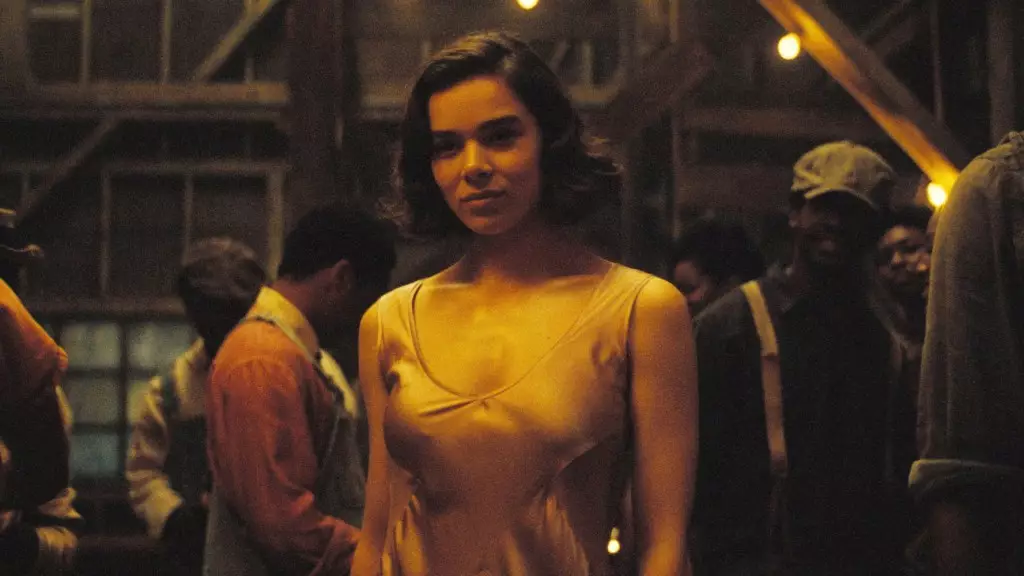Hailee Steinfeld’s latest role as a multi-racial vampire in Ryan Coogler’s film “Sinners” presents a captivating exploration of identity and heritage, showcasing the intricate tapestry of personal history interwoven with fictional narrative. In a Hollywood landscape where diversity is often tokenized, Steinfeld’s portrayal of Mary—the complex, undead protagonist—is refreshingly authentic. Her personal connection to the character, who resonates with her own part-Black and part-Filipino background, transcends surface-level representation. Instead, it deeply engages with the nuanced experiences of being multi-racial in a society that frequently overlooks such identities.
Steinfeld’s heartfelt reflections reveal how art can be a mirror to one’s psyche. As she articulates, the impact of the film was profound—not just for her, but she believes it will resonate with audiences on various levels. Her excitement serves as a rallying cry for a more inclusive cinematic experience, where stories are not merely told but felt. It raises a poignant question: Why is it that so many films fail to address the complexities of racial identities, opting for simplistic portrayals that do little to challenge societal norms?
Art Echoing Personal Loss
The film emerges from the fertile ground of personal loss, as Coogler himself draws inspiration from the death of his Uncle James. His narrative interlacing music and memory showcases a beautiful yet heartbreaking aspect of storytelling—how personal grief can fuel creative expression. Blues music, as Coogler suggests, becomes both a cathartic escape and a channel for remembrance. This unique symbiosis of history and emotion is precisely what makes “Sinners” stand out in the overcrowded horror genre.
In an age where films often prioritize spectacle over soul, Coogler’s approach is a powerful reminder that true artistry stems from authenticity. The emotional cores of his characters—especially the enforcers, Smoke and Stack—are rooted in the harsh realities of their original home, Mississippi. As they navigate the supernatural mysteries of their environment, their story evolves beyond mere entertainment, delving into the depths of human experience and the haunting specter of lineage.
The Responsibility of Representation
Moreover, Steinfeld’s commitment to her role underscores an essential argument for diversity in the industry: representation comes with a responsibility. The actress acknowledges her privilege in portraying a character that resonates with her family history, illustrating how such roles can spark vital conversations about race, heritage, and trauma. The film serves as an opportunity not just for entertainment but for societal introspection, challenging the audience to confront their biases and broaden their understanding of identity.
In a world where representation in media often falls short, Steinfeld and Coogler are crafting a narrative that aims to break free from the shackles of stereotypical storytelling. By giving voice to characters that embody the blend of cultures and histories that shape our world, they are not only enriching the narrative but also fostering an environment where every story matters.
Hailee Steinfeld’s role in “Sinners” is more than a thrilling venture into horror; it’s a significant exploration of identity that invites viewers to reflect upon their own connections to legacy and memory, urging the industry to embrace the power of authentic storytelling.


Leave a Reply